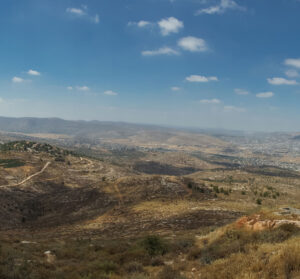
Booklets
West Bank
BOOKLET SERIES WEST BANK Judea & Samaria Share on facebook Share on twitter Share on linkedin Share on whatsapp Share on email View as PDF
BOOKLET SERIES
ENVIRONMENT
Israel: Turning Challenges Into Opportunities
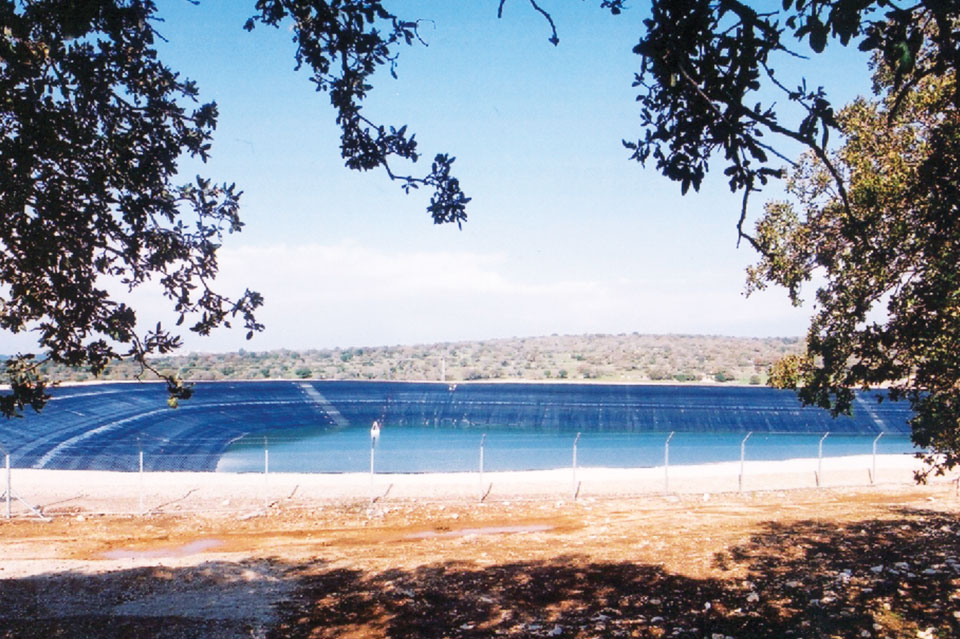
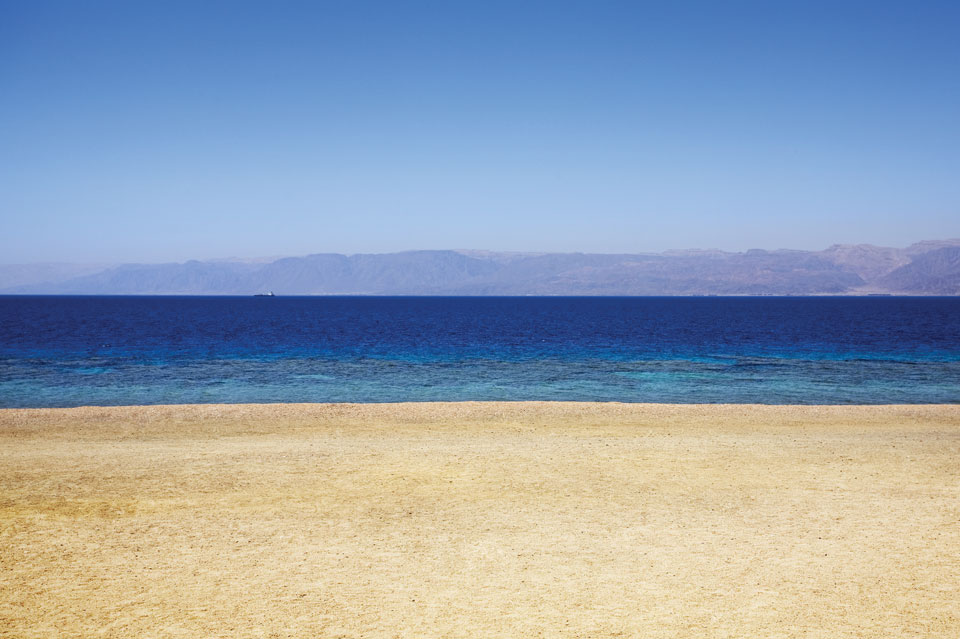
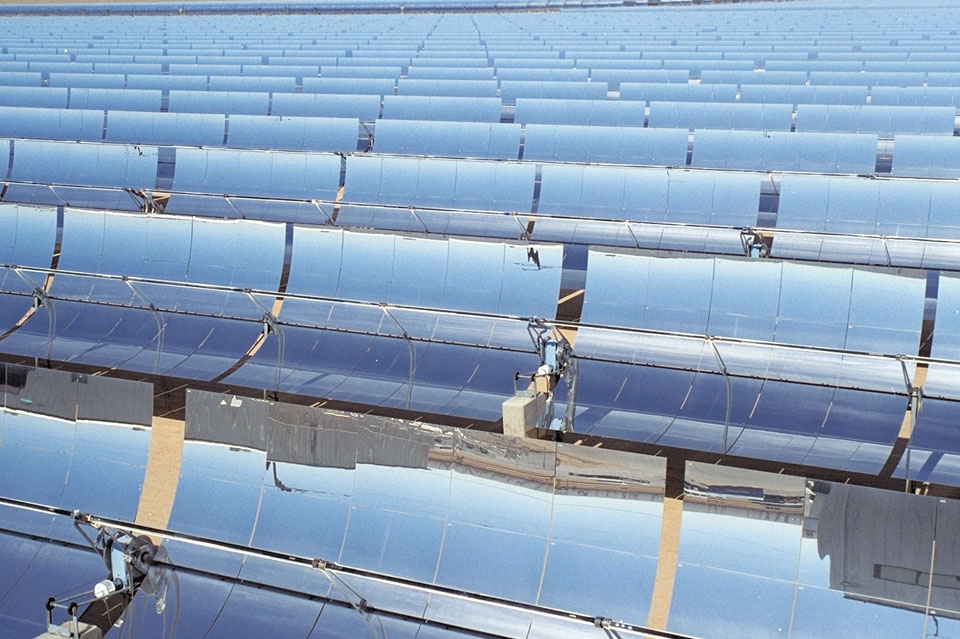
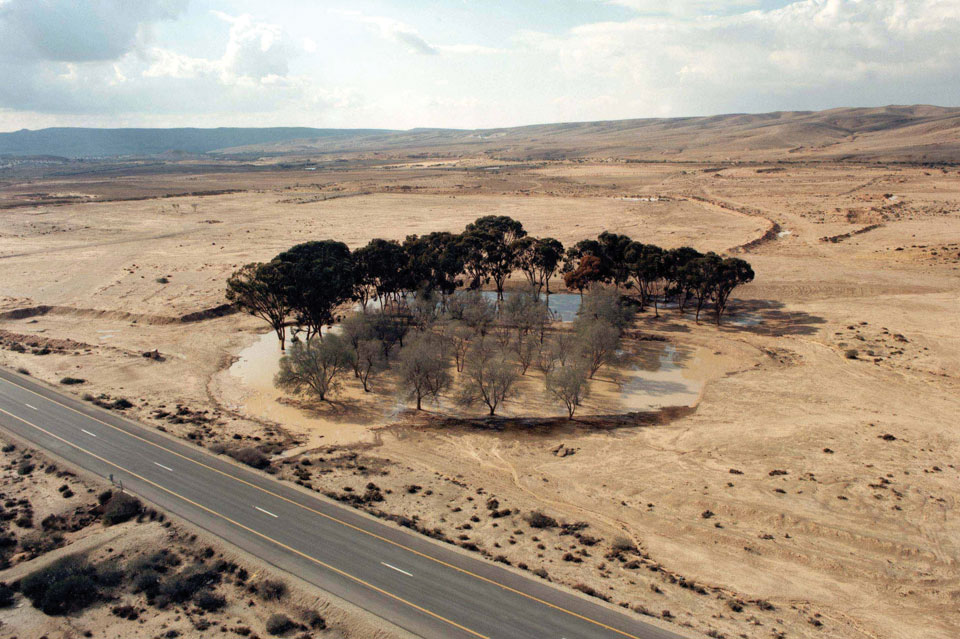
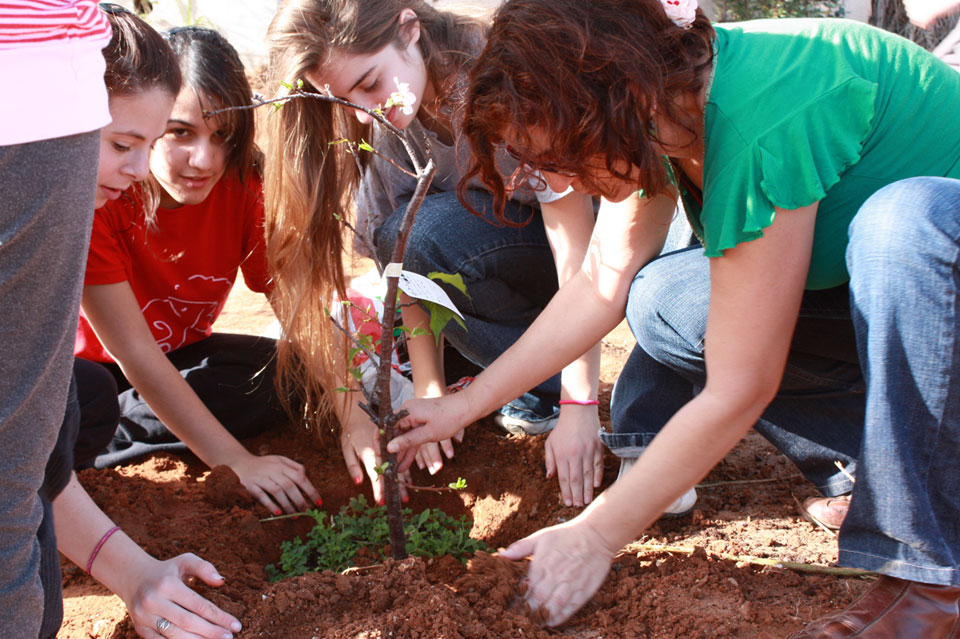
YOU MAY ALSO ENJOY

BOOKLET SERIES WEST BANK Judea & Samaria Share on facebook Share on twitter Share on linkedin Share on whatsapp Share on email View as PDF

BOOKLET SERIES I Love Israel Share on facebook Share on twitter Share on linkedin Share on whatsapp Share on email View as PDF Israel represents
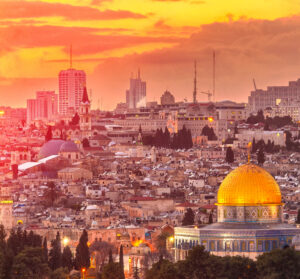
BOOKLET SERIES ANSWERING TOUGH QUESTIONS ABOUT ISRAEL Common accusations against Israel and answered with factual, direct and concise answers. Share on facebook Share on twitter